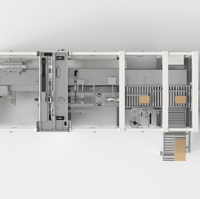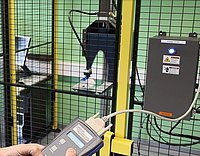
To successfully transfer the process development based control strategy to the commercial production through technology transfer and scale-up, pharmaceutical and biopharmaceutical manufacturers need a best practice methodology. To ensure data integrity, this transfer has to follow a “Data Integrity by Design” approach applying process maps and process data maps. The goal is to create a flexible and robust production process with a well-documented lifecycle management. This result is also called production control strategy.
Data integrity is not a new regulatory requirement – inspectors are only looking more closely to what the industry is supposed to do. Relevant specifications are outlined for example in the FDA guidelines 21 CFR Part 11 and 21 CFR Part 211 and in the EU guidelines EudraLex Vol. 4 including Annex 11. This legislation is complemented by guidance documents issued by the MHRA, WHO, PIC/S, ISPE, and other regulatory bodies.
To successfully approach these issues pharmaceutical and biopharmaceutical manufacturers can rely on manufacturing execution systems (MES). The MES provides predefined data and process flows, which are executed by the right first time execution engine of an MES. The strict user guidance and the equipment interfaces are assuring that the data is defined and captured accurately according to the ALCOA+ principles. The data integrity will be designed in the Master Batch Records (MBR) management libraries. These libraries follow proven best practice approaches, are predesigned by the MES user community and come with MES content packages. Through its built-in data integrity an MES leads to a flexible and robust production control strategy assuring quality and compliance. This structured approach saves manufacturers time to market.






